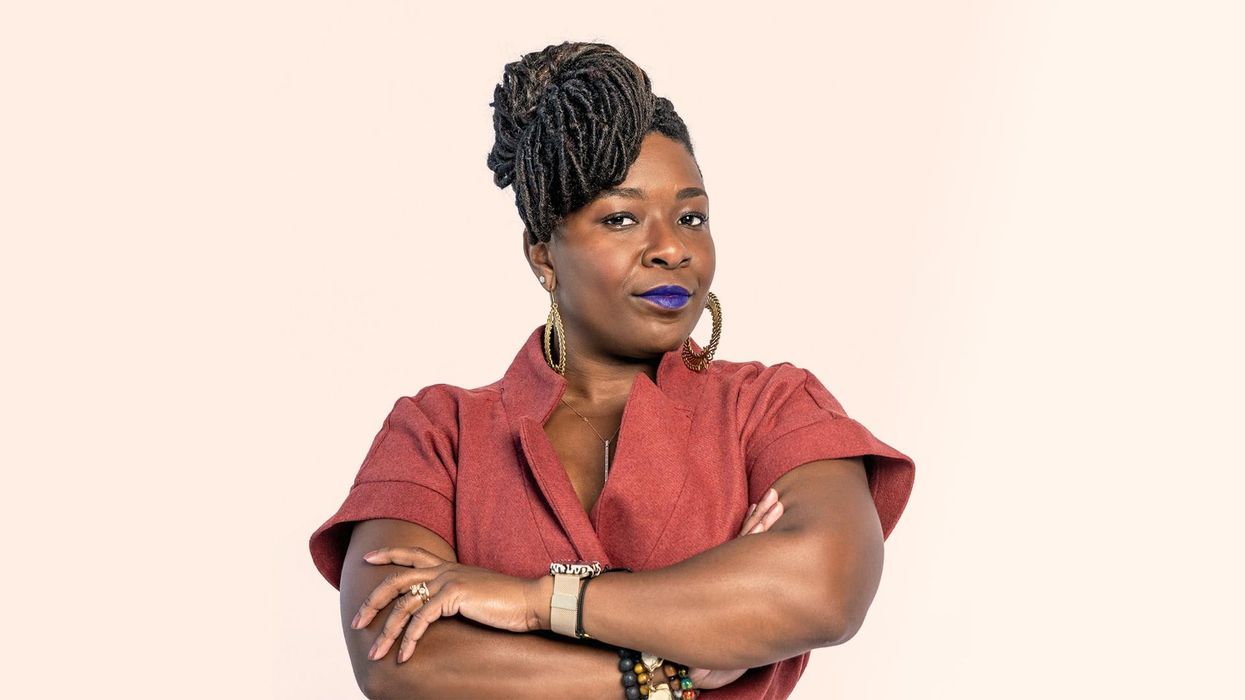The humble mongoose is one of the world’s best snake hunters; they are known to fight king cobras and win. What they lack in size, they make up for with a biological resistance to snake venom.
For medical marijuana patient, veteran, and Good Highdeas co-founder Brett Puffenbarger, the little scrapper is the perfect metaphor for his new endeavor to expose and eradicate the “snakes” lurking in the “grass” of the cannabis industry across the country, called Project Mongoose.
“Nothing in cannabis is what it seems,” Puffenbarger tells The Bluntness, emphasizing how the industry's profitability and barriers to entry make it ripe for grifters and profit-hungry bigwigs – compromising the integrity of the cannabis establishment.
Through the multiplatform hashtag #grassattractssnakes, Puffenbarger has issued an industry call to arms, starting conversations with the intent “to secure a sustainable, profitable, and moral industry,” per the Project Mongoose website.
Cannabis Patient First
Puffenbarger first tried cannabis after he left the Marines, to cope with the effects from the nearly 10 different medications he took for sarcoidosis (an inflammatory lung disease) and two other autoimmune conditions.
“It was the first sense of relaxation I'd had in probably 10 years,” he recalls.
But as he got more involved as a patient, he started seeing cracks in the medical cannabis system – and an opportunity to add value. So he left his comfortable job at Harley-Davidson to become a general manager at a forced-vertical operator, kicking off his journey into an industry riddled with mismanagement and greed.
An Industry Built to Fail
“None of the things I'd thought would be there as an advocate were there. There wasn't the care for patients, there was only a thought of margins,” Puffenbarger says.
After a few months of dispensary work, he joined the nonprofit organization Buds for Vets, working his way from communications to vice president and even interim CEO. It’s this time he considers a front row seat to the “Dunning-Kruger effect” of industry leader arrogance and malpractice, while working with nearly all the licensed processors in Florida.
“We are broken culturally...I think it’s broken on purpose,” Puffenbarger says of the cannabis space. “We have two competing industries within our industry, the heart and the head: the legacy market ‘bro dudes’ and the boat shoe-wearing ‘Chads’,” he says. “We've given the heartstrings to the guys in business, and they choose to make it all about profit. The legacy guys are growing, but the other side is one step ahead...stamping them down at every turn.”
It’s a common story in states that have legalized cannabis, where access to dollars trumps hands-on experience, creating a cultural and class divide where the people with MBAs have a say before the people who’ve risked their lives to make the plant what it is today.
While Puffenbarger considers Florida the most broken state in the country, these issues are universal and permeate beyond cannabis operators; the most well-intentioned companies and nonprofits are also beholden to the same predatory class.
“It looks like what we've done is created an industry that is designed to get bought out by pharmaceuticals and consumer packaged goods. But in actuality, what we’ve done is watched a whole lot of people build an industry built on oil and mining futures,” where the ideal outcomes, like getting bought by Coca-Cola, are a gamble without guarantee. In other words, the cannabis industry could very well be heading for its own version of “The Big Short.”
“What we have is a whole bunch of people – with a limited understanding of the actual market – projecting that they are experts. They create toxic work cultures and exclusive things, and they take all the people who actually know what they're doing…and suck them dry.”
Puffenbarger is also skeptical of media coverage on new groups like the Last Prisoner Project, and even other long-established organizations like NORML, which has started profiting off information that should be free, he says.
How Mongoose Hunts the Snakes
Puffenbarger positions himself as a PR guy on a mission, because so much of the industry’s ongoing deception is wrapped up in marketing. Project Mongoose and Good Highdeas, therefore, take a multidisciplinary approach cleaning up the industry with “public relations, risk assessment, due diligence, and vetting services'' for new cannabis investors with little practical industry experience, like a private investigator for pot.
Money talks for the cannabis barons, and in Puffenbarger’s eyes, blocking that money is also the key to shutting them up.
“We can’t stop all this from happening. The only way to even have a hope is to hit them in the pocketbook; the only way to hit them in the pocket book is to expose them for what they are,” says Puffenbarger.
The Project Mongoose team is also working on a book of collected industry whistleblower testimony, where everyone from budtenders to executives can share their experiences witnessing scandal, corruption and mismanagement.
On the education front, Puffenbarger and the Good Highdeas team have also designed an executive coaching program, Train/Hire/Culture, to show companies how to better train and retain staff, improve product curation, and foster an equitable company culture.
None of this is going to be easy, but for Puffenbarger, there’s no other way for the business of cannabis to survive the next decade.
”Everything I do is for the longevity of the industry,” he says. “At our core, we are an industry that was built on advocacy and created through activism, and only through those two tenets can we carry on.”
Are you still missing out on The Bluntness newsletter? Sign Up today to stay in the loop.
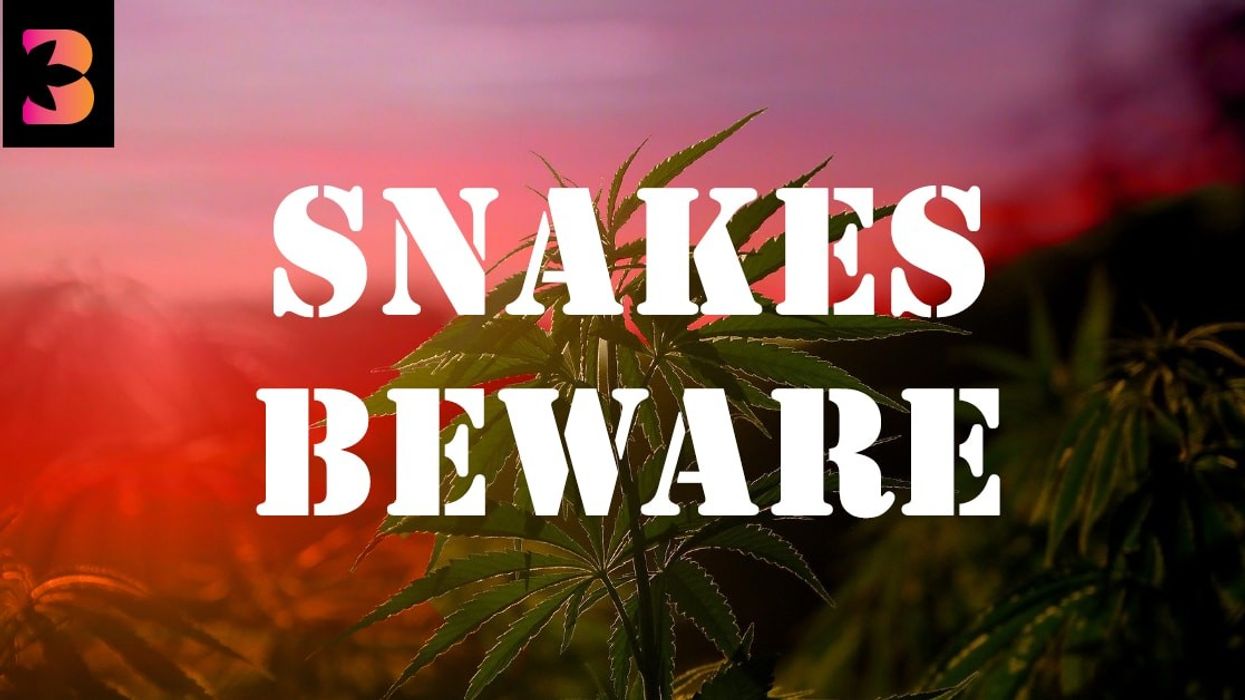


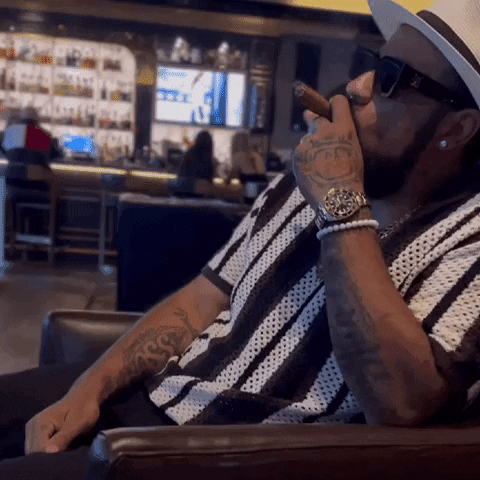
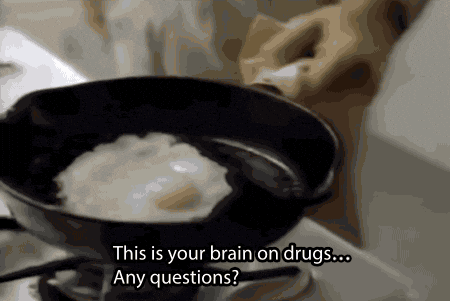








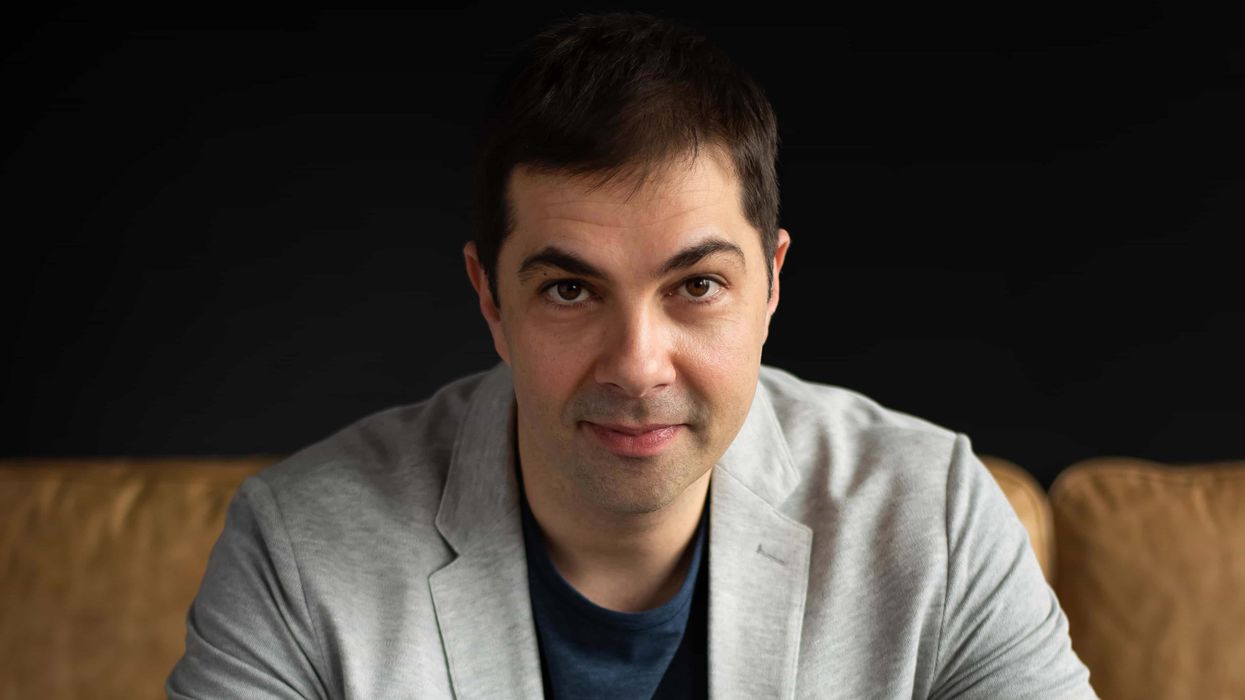
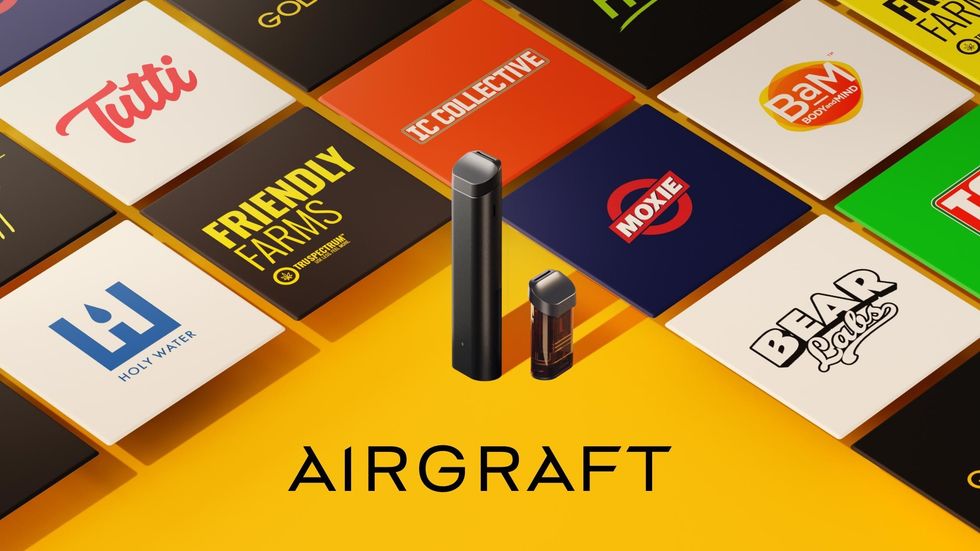 Airgraft has just disrupted cannabis concentrate vaping in more ways than one.
Airgraft has just disrupted cannabis concentrate vaping in more ways than one.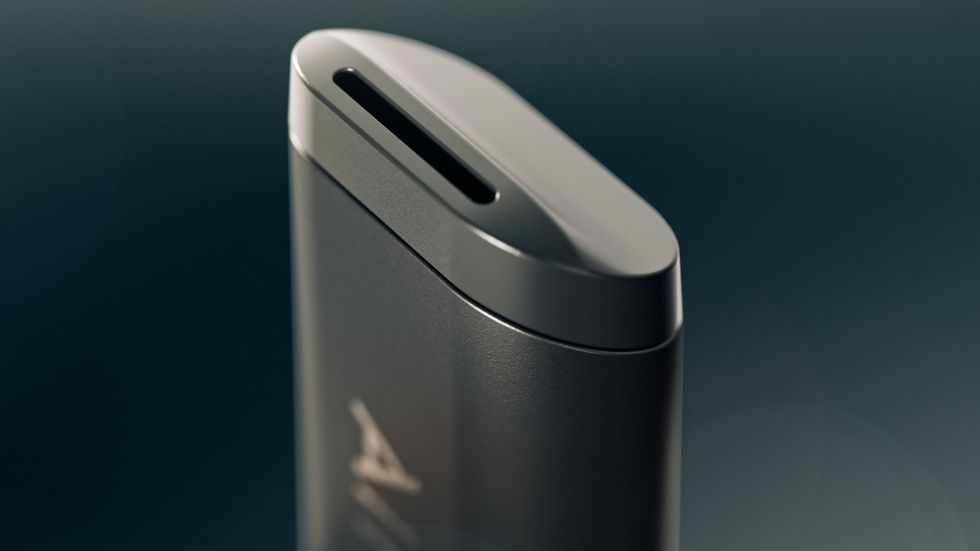 The Airgraft 2 is proving to be a game-changer for cannabis resin vaping.
The Airgraft 2 is proving to be a game-changer for cannabis resin vaping. A lot of thought and expertise went into the design of Airgraft 2.
A lot of thought and expertise went into the design of Airgraft 2.
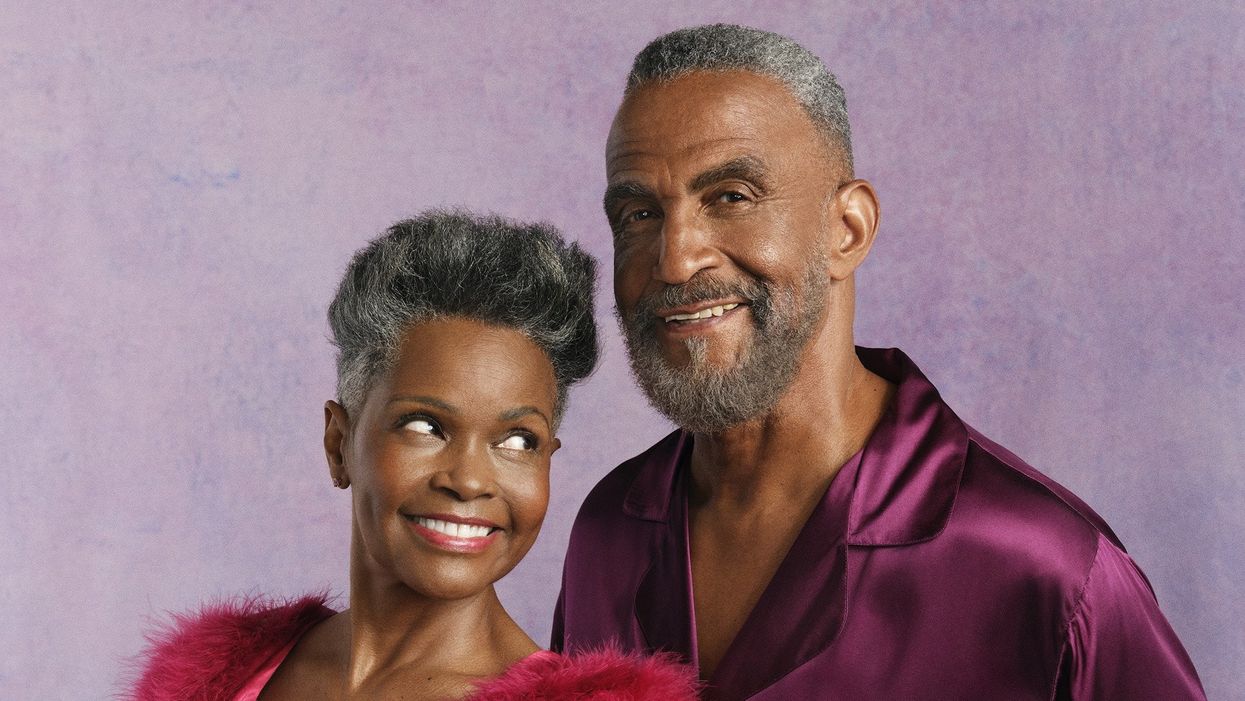
 Aligning cannabis with adult content does little to elevate the perception and acceptance of cannabis as a legitimate, respectable industry.
Aligning cannabis with adult content does little to elevate the perception and acceptance of cannabis as a legitimate, respectable industry. Aligning cannabis with adult content does little to elevate the perception and acceptance of cannabis as a legitimate, respectable industry.
Aligning cannabis with adult content does little to elevate the perception and acceptance of cannabis as a legitimate, respectable industry.